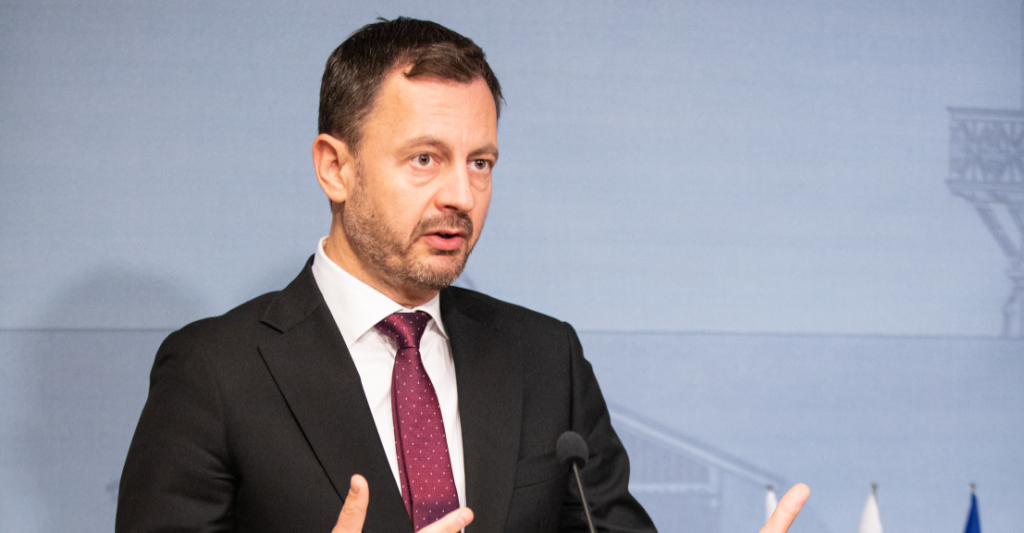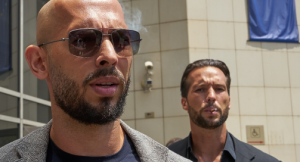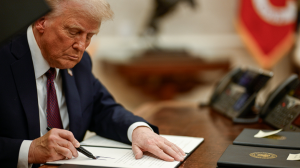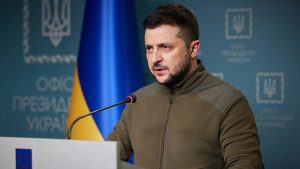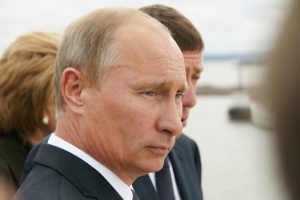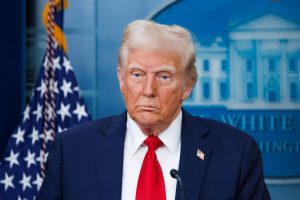“The presidential election will determine whether Slovakia truly remains in the Western club or follows the path of Hungary or Belarus,”
Others are reading now
NATO and the EU are on the brink of losing one of their members to Russia’s side, according to a stark warning from the opposition in one of the alliances’ most scrutinized members over the last six months.
“Pro-Russia Stance”
Last fall, Slovakia’s Prime Minister Robert Fico returned to power, marking a significant shift in the country’s foreign policy towards a more Putin-friendly direction, including halting all military support to Ukraine.
“Essentially, they are not for peace, they are for Russia,” stated political analyst Grigorij Mesežnikov, commenting on Fico and his allies during the election.
Following Belarus’ Footsteps
However, critics of the government in Slovakia warn that Fico’s return to power is just the beginning. This Saturday, the country is set to elect a new president in a vote many deem crucial for the NATO member’s democracy and future in Europe – and ultimately, whether it will continue to align with the Western world.
Also read
“The presidential election will determine whether Slovakia truly remains in the Western club or follows the path of Hungary or Belarus,” said Eduard Heger, who served as Prime Minister of Slovakia from 2021 to 2023, speaking to The Guardian.
He added, “Our new government has turned Slovakia towards the Kremlin.”
“Devastating Effect”
Two individuals are expected to be the main candidates in this weekend’s presidential election: Peter Pellegrini and Ivan Korčok.
The former, once a member of Fico’s Smer party, now leads the Hlas party in cooperation with the Prime Minister. The latter is known for his stance on standing united with the Western world.
“Pellegrini will act in concert with Robert Fico’s foreign policy direction, which could have a devastating effect on Slovakia,” warned Eduard Heger.
Welcomed by Lavrov
In 2020, Pellegrini, then Prime Minister, reportedly sought help from Hungary’s Viktor Orbán to arrange a quick visit to Moscow aimed at boosting his standing among Slovak pro-Russian voters.
Through Hungarian intermediaries, Russian Foreign Minister Sergey Lavrov welcomed Pellegrini to Moscow, where he was received by Russia’s Prime Minister Mikhail Mishustin, as reported by the Central European investigative body VSquare.
Pellegrini’s promises to maintain warm relations between Slovakia and NATO, as well as the EU, are seen as empty by the Slovak opposition.
“We are now somewhere to the east of Viktor Orbán in our foreign policy commitments. Pellegrini has not lifted a finger to stop it.”

